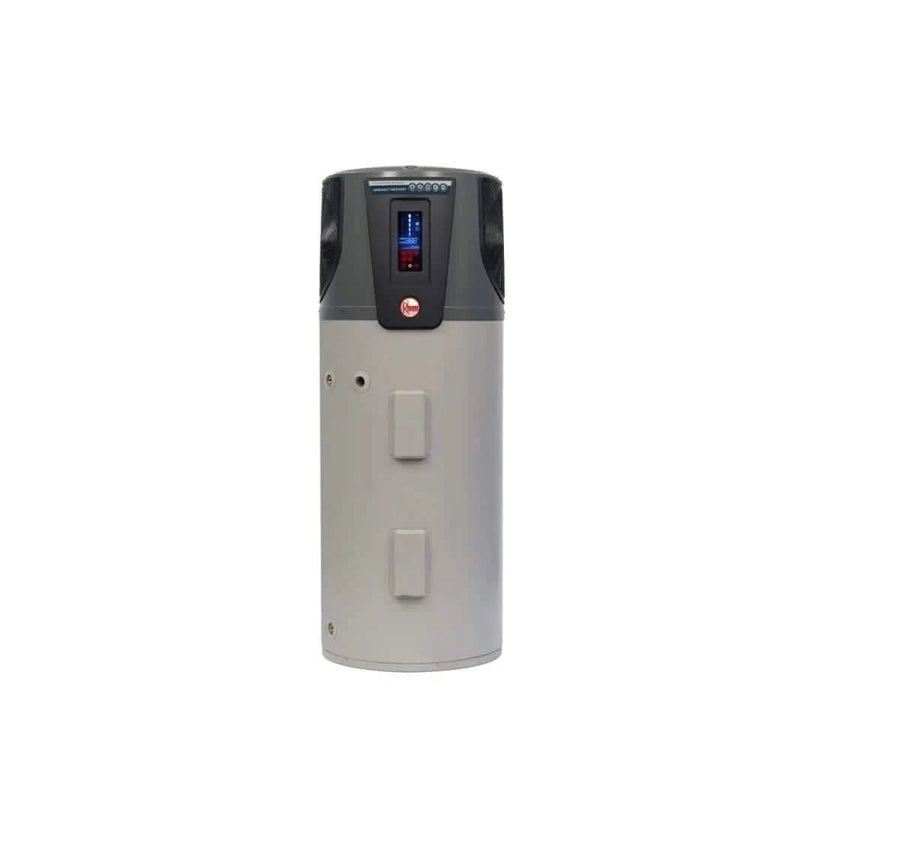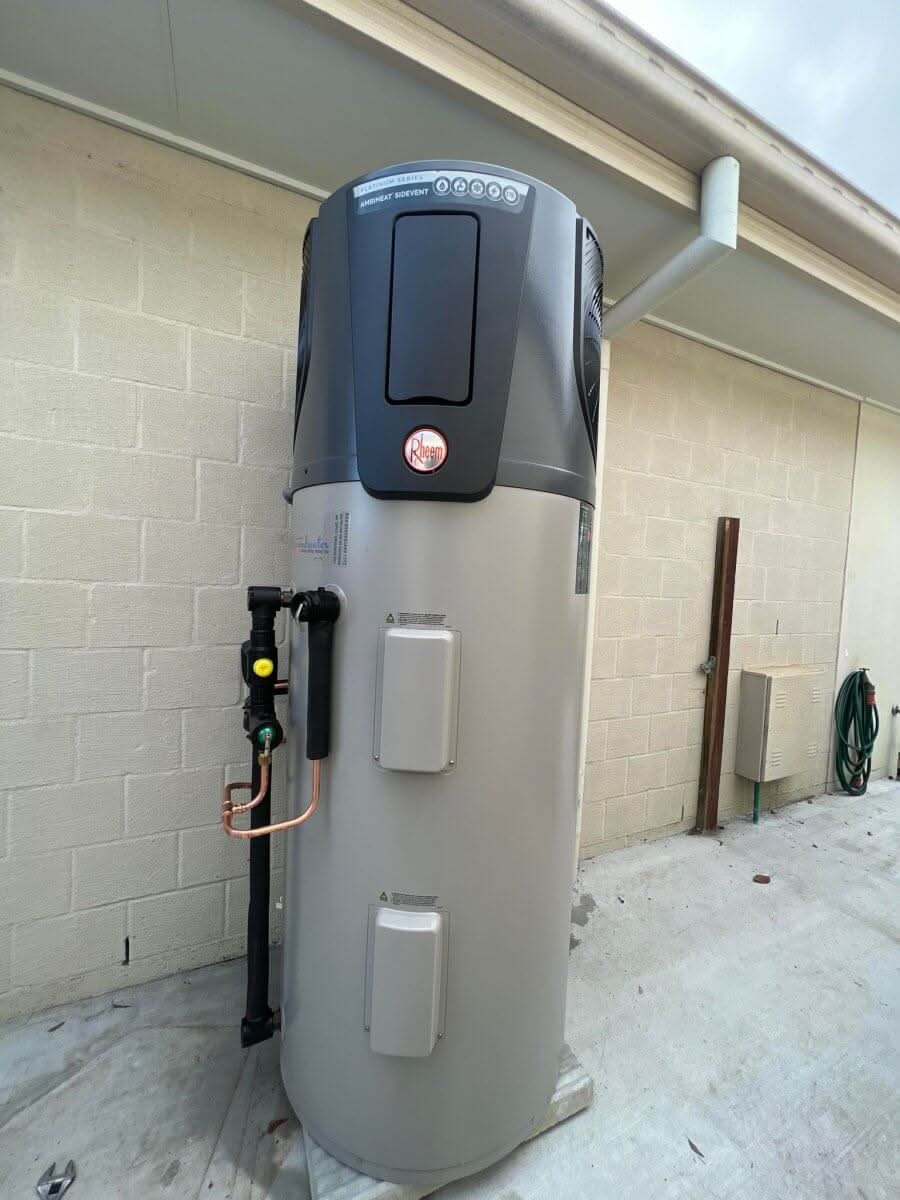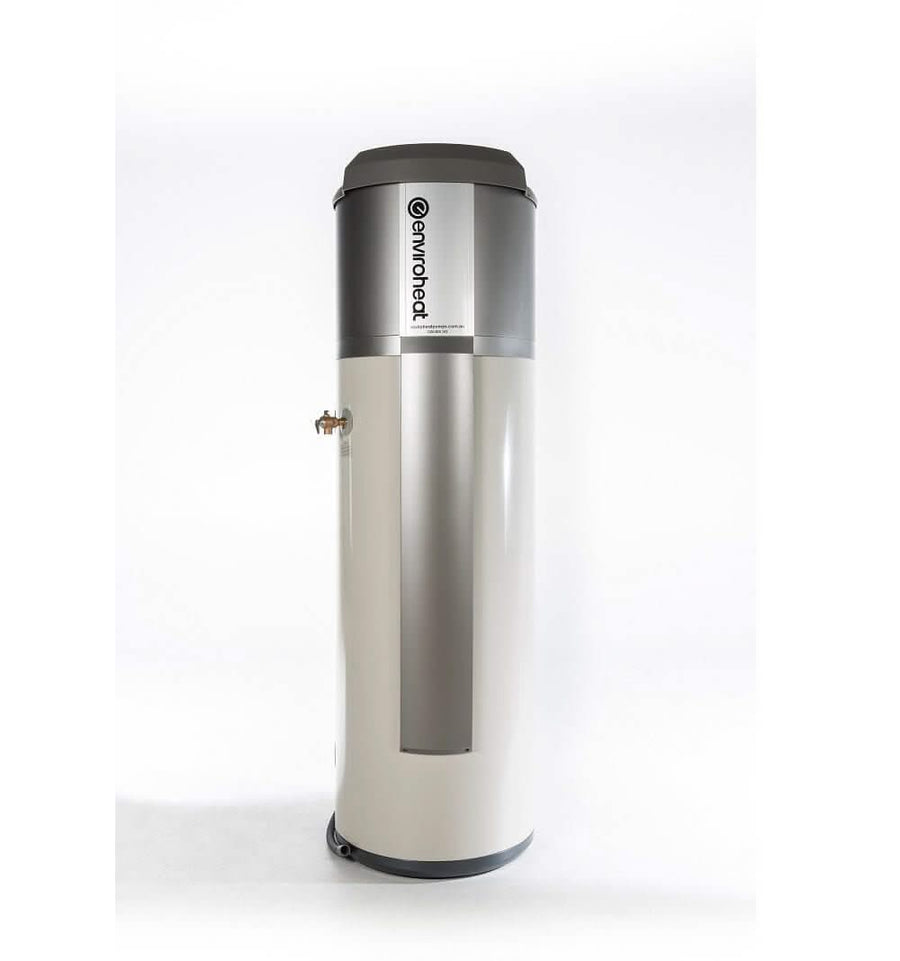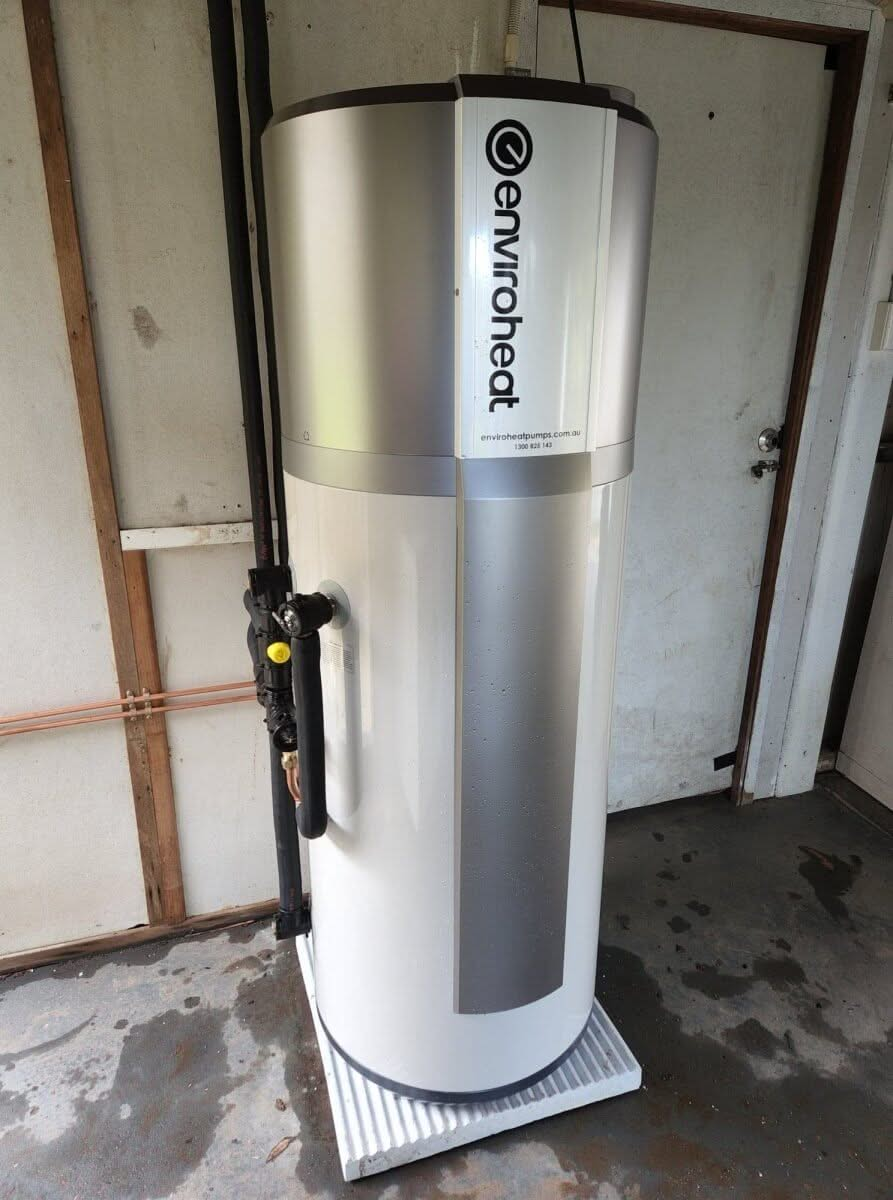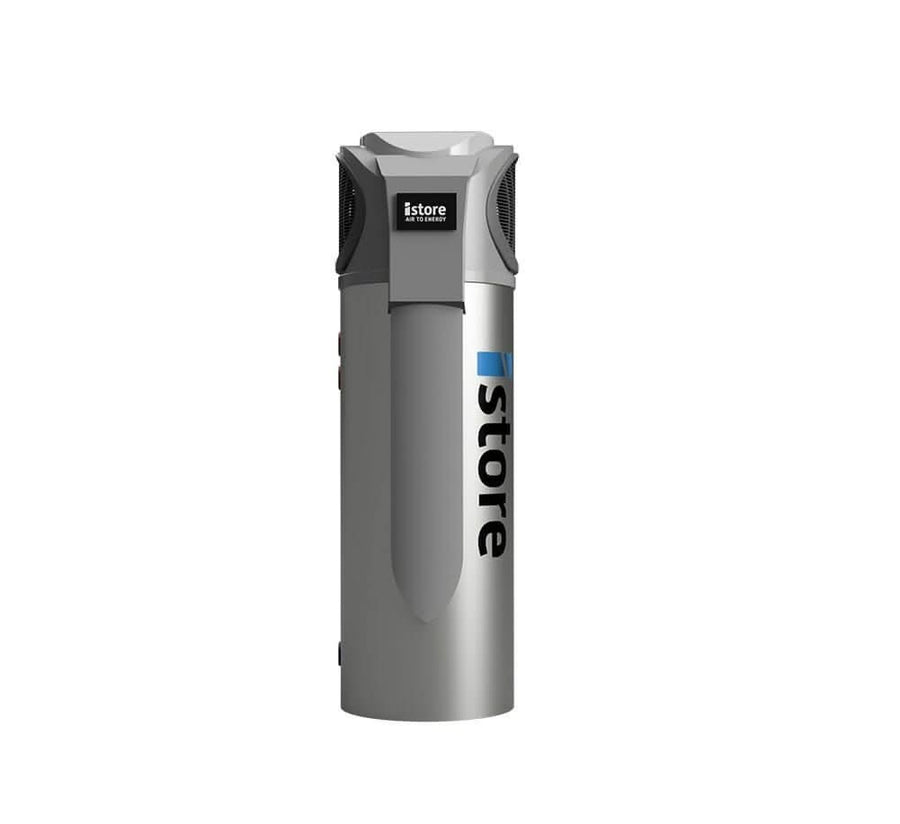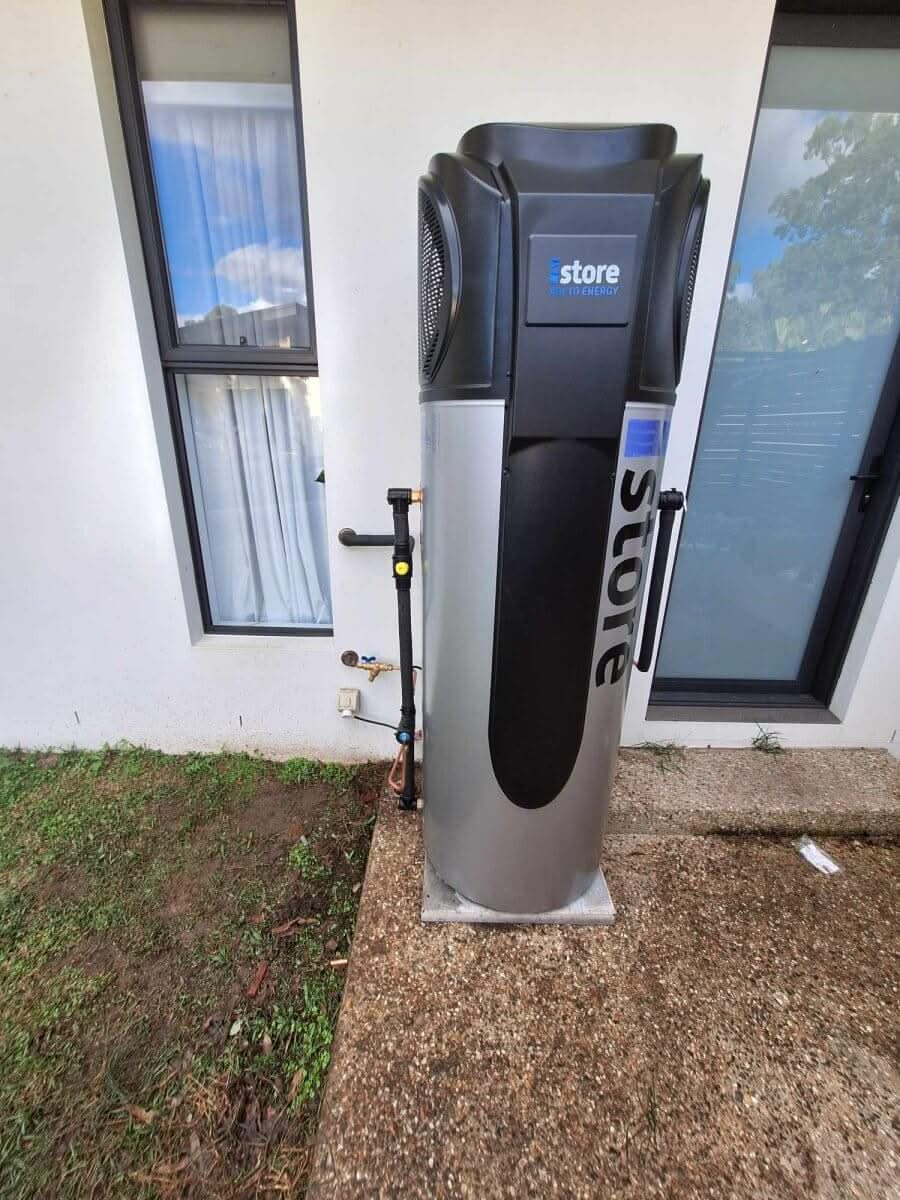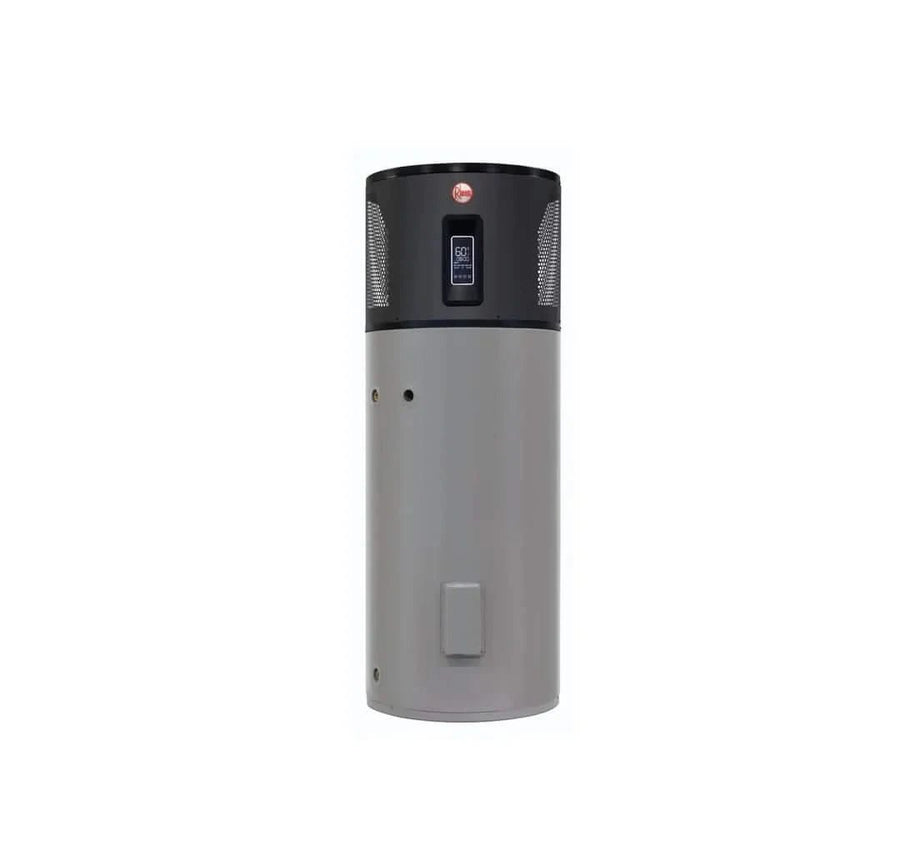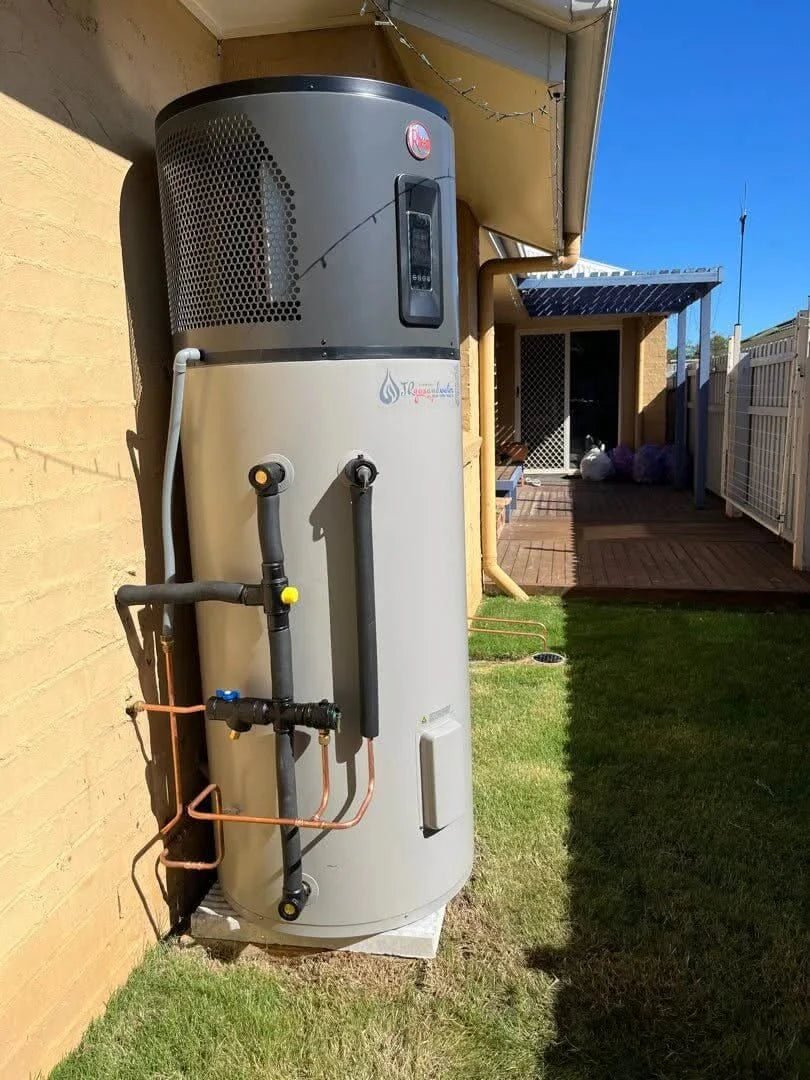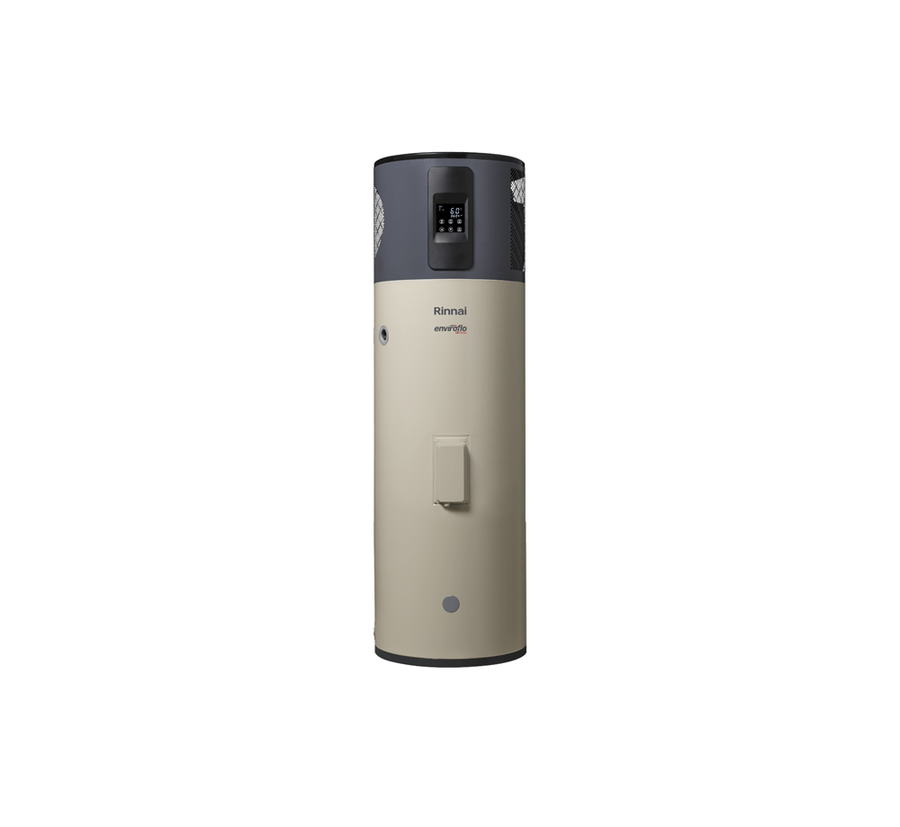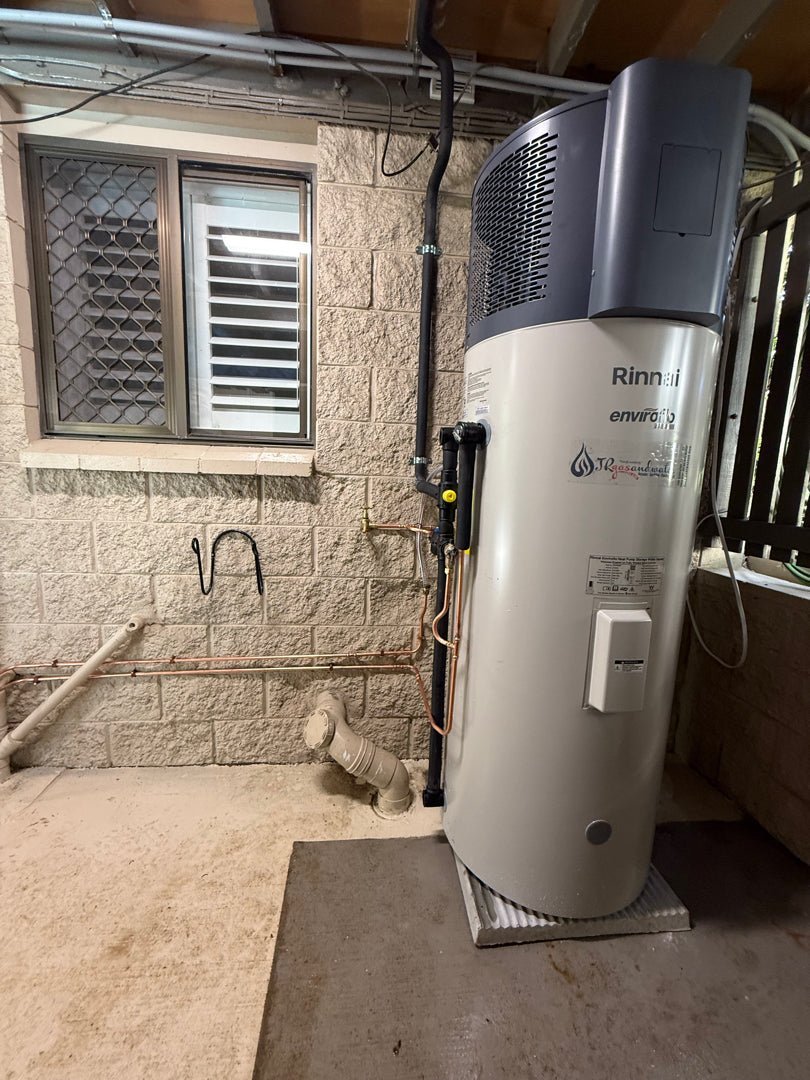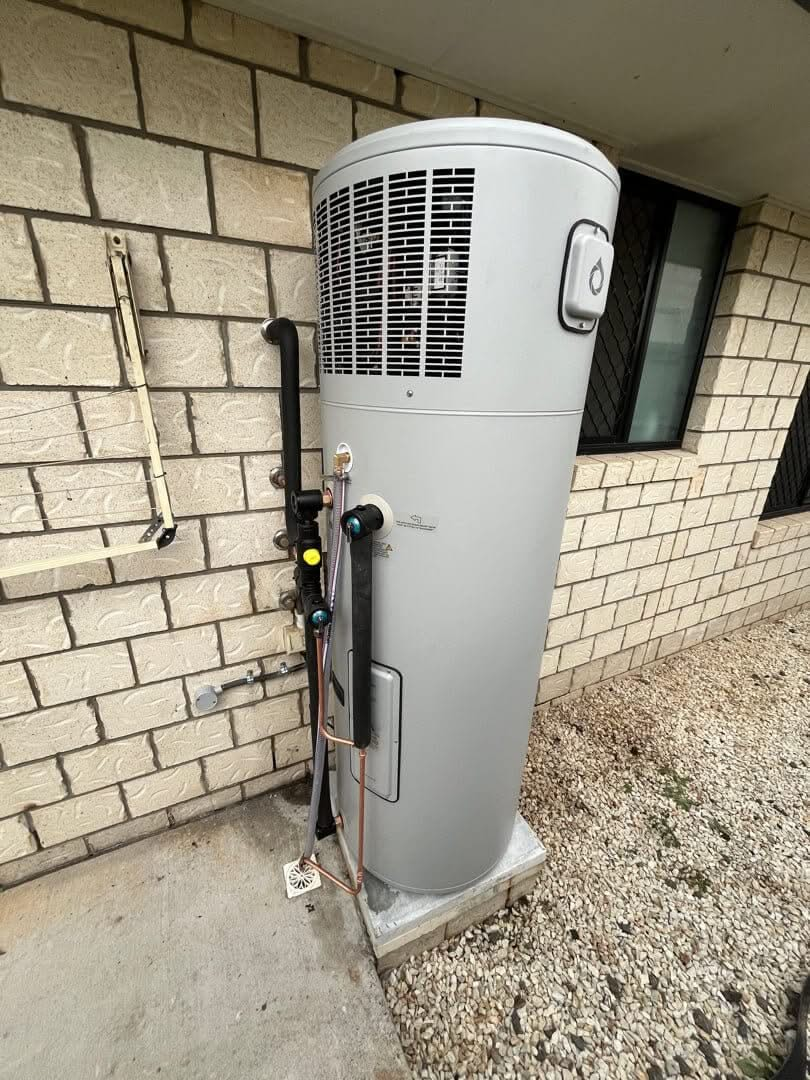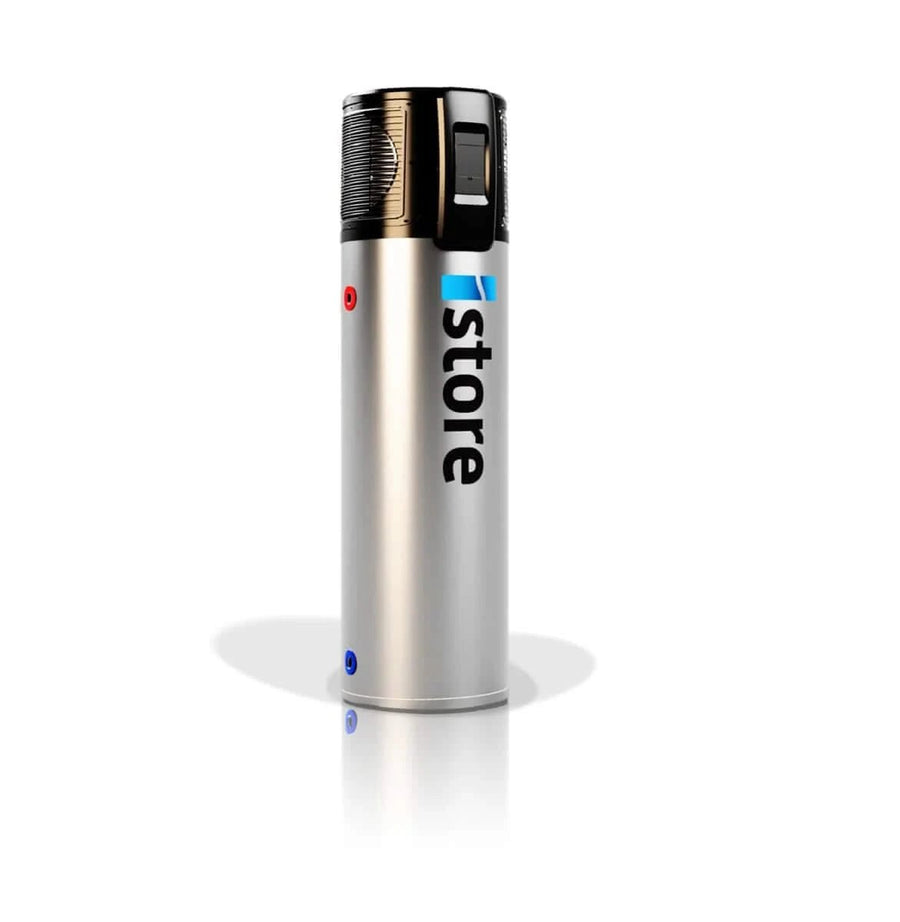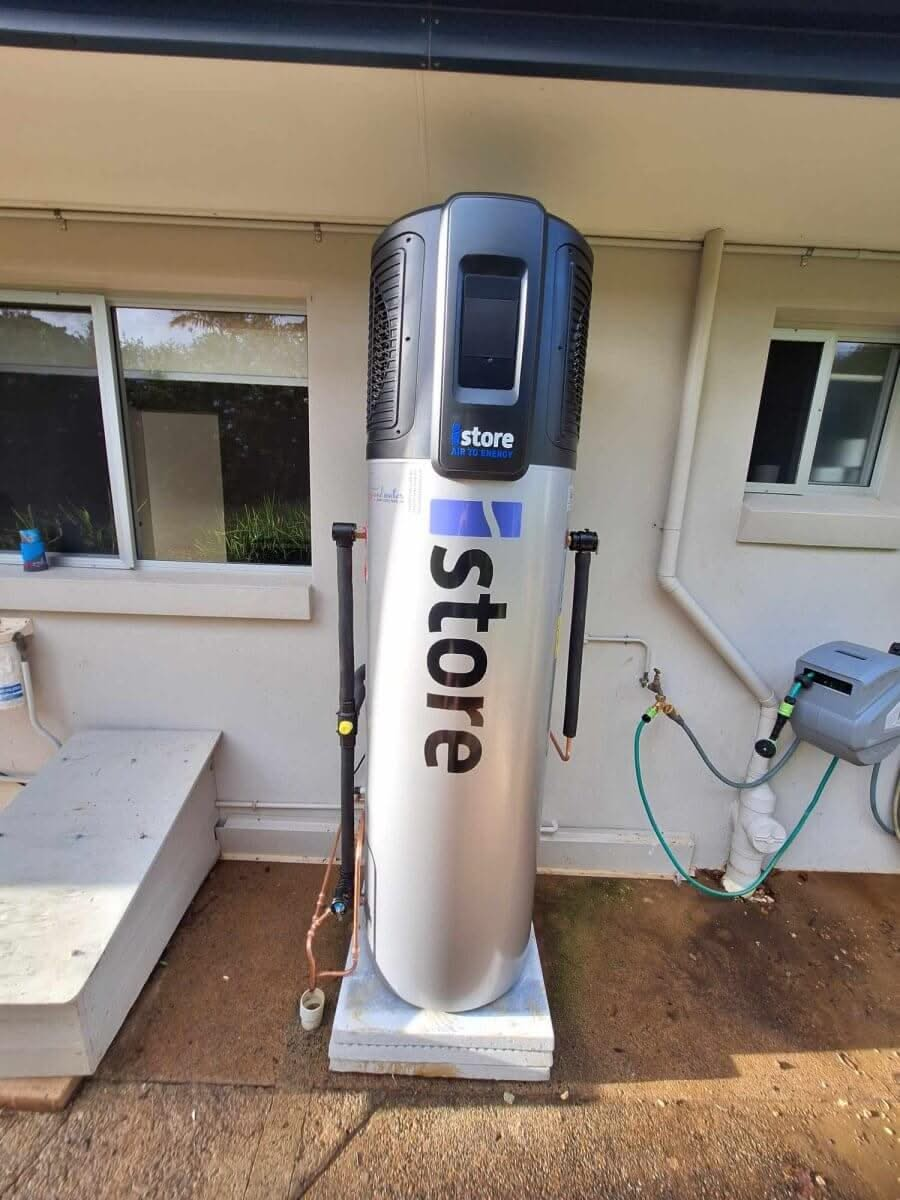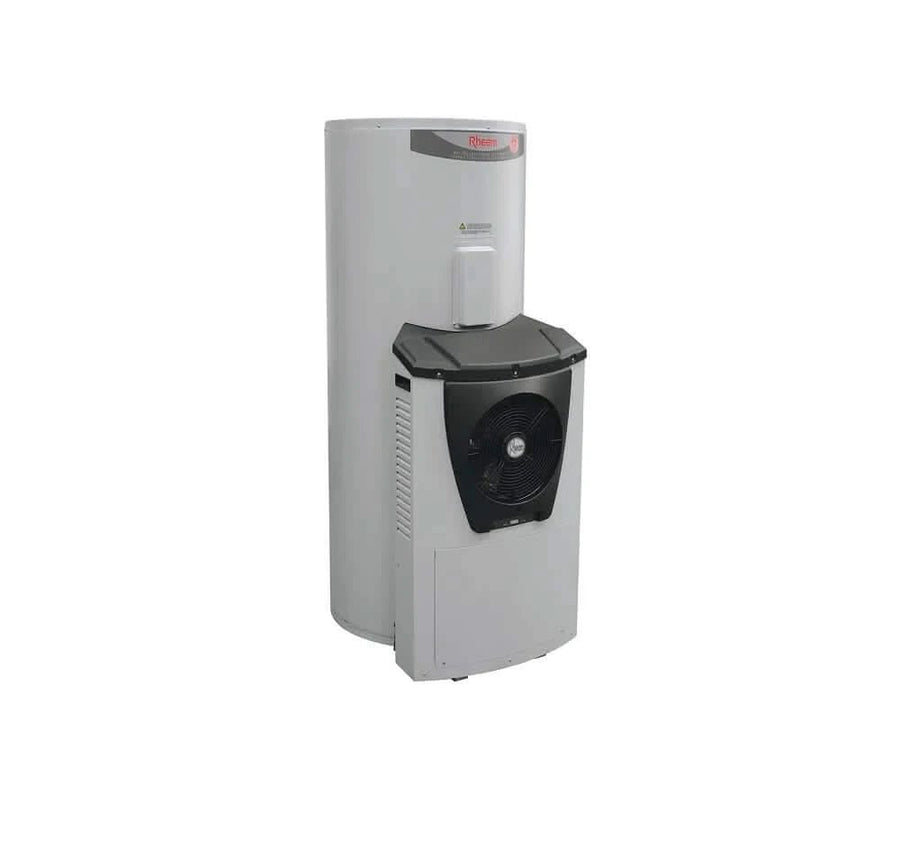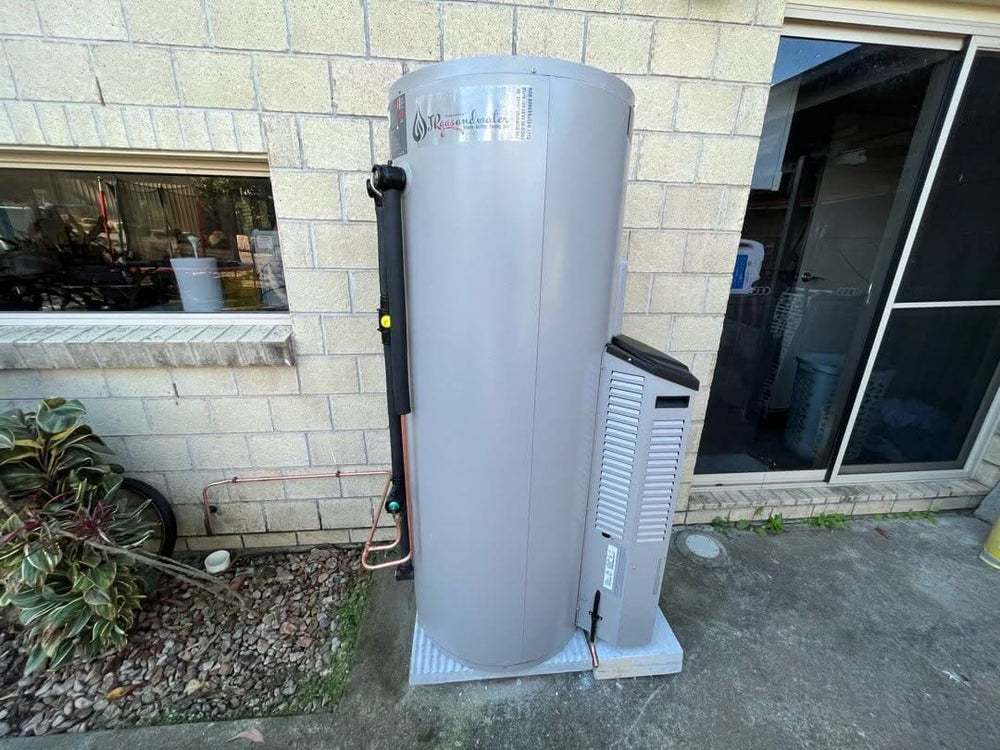From Past to Present: Tracing the Evolutionary Journey in the History of Heat Pump Technology
From Past to Present: Tracing the History of Heat Pumps and Their Evolutionary Journey in Technology
Introduction
How did heat pumps evolve from early theoretical principles to the essential climate control technology we rely on today? Beginning with William Cullen’s 18th-century breakthroughs and culminating in today’s high-efficiency models, this article walks you through the pivotal history of heat pump technology, marking key innovations that shaped the industry.
The Genesis of Heat Pumps
The foundation of heat pump technology dates back to the mid-18th century, when William Cullen conducted one of the first artificial refrigeration experiments. Though his work didn’t directly lead to practical heat pumps, it set the stage for further development.
In the 1850s, Peter von Rittinger took the concept further by designing and implementing the first industrial heat pump system for drying salt. This pioneering technology, known as the first heat pump system, laid the foundation for modern heat pump systems. His work marked the first real-world application of heat pump principles and demonstrated the potential for large-scale heat recovery.
The Birth of Ground Source Heat Pumps
One of the biggest advancements in heat pump technology came in the mid-20th century when Robert C. Webber developed the first heat pump specifically designed as a ground source heat pump. His innovation stemmed from an accidental discovery—burning his hands on a freezer’s outlet pipes—leading him to realize that heat could be effectively harnessed from the ground. Webber’s system used Freon gas and underground copper tubing to efficiently capture and redistribute heat.
This concept laid the foundation for modern geothermal heat pumps, now widely used for energy-efficient heating and cooling.
The Progression of Air Source Heat Pumps
While ground source heat pumps evolved, air source heat pumps (ASHPs) also made significant strides.
-
Early air conditioning systems, such as those developed by Oliver Evans (1805) and Willis Carrier (1902), introduced refrigeration technology, which later contributed to heat pump advancements.
-
Mid-20th-century innovations led to air source heat pumps that could operate in a wider range of temperatures, making them viable alternatives to traditional heating methods. These advancements have significantly improved the efficiency of ASHPs in providing effective space heating solutions.
-
Modern ASHPs have achieved efficiency gains, now capable of performing well in extremely cold climates, thanks to variable-speed compressors and advanced refrigerants.
Water Source Heat Pumps: Expanding Applications
Another key innovation in heat pump history is the water source heat pump (WSHP), which extracts heat from nearby water bodies. One of the earliest commercial implementations was by St. Paul Gas Light Company, which utilized lake water to provide heating.
Today, WSHPs are commonly used in large buildings, leveraging water’s stable temperatures to achieve high efficiency and low operating costs.
The Rise of High-Temperature Heat Pumps
Industries requiring process heating, such as food production and manufacturing, saw a need for high-temperature heat pumps. These systems can achieve temperatures up to 200°C, significantly cutting greenhouse gas emissions and reducing reliance on fossil fuels.
Recent innovations include multi-stage heat pumps and hybrid systems that improve efficiency while maintaining high-output temperatures.
The Variable-Capacity Revolution
One of the most transformative developments in heat pump technology is the introduction of variable-capacity (inverter-driven) heat pumps.
-
These units adjust output continuously based on heating or cooling demand, eliminating the inefficiencies of traditional single-speed models.
-
They reduce wear and tear, extend the system’s lifespan, and provide significant energy savings.
-
Integration with smart thermostats and home automation systems allows for even more precise climate control.
The Impact of the Oil Crisis on Heat Pump Adoption
Benefits of Heat Pumps
Heat pumps offer a multitude of benefits that make them an attractive option for both residential and commercial applications:
-
Energy Efficiency: Heat pumps can deliver up to four units of energy for every unit of electricity consumed, making them one of the most efficient ways to heat and cool buildings.
-
Cost Savings: By reducing energy consumption, heat pumps can significantly lower utility bills, especially in regions with mild climates.
-
Environmental Benefits: Heat pumps are a clean and environmentally friendly solution, producing no direct emissions or pollution.
-
Flexibility: Capable of both heating and cooling, heat pumps provide a versatile climate control solution for year-round comfort.
-
Low Maintenance: With minimal maintenance requirements, heat pumps can offer reliable performance for many years when properly cared for.
Challenges and Limitations of Heat Pump Technology
Despite their numerous advantages, heat pumps also face several challenges and limitations:
-
High Upfront Costs: The initial installation of heat pumps can be more expensive compared to traditional heating and cooling systems.
-
Limited Availability: In some rural or remote areas, heat pumps may not be readily available.
-
Climate Limitations: While modern heat pumps are designed to perform well in a variety of climates, extremely cold or hot conditions can still pose challenges.
-
Noise: Some heat pump models can be noisy, although advancements in technology have led to quieter designs.
-
Aesthetics: Heat pumps can be bulky and may not always blend seamlessly with the building’s aesthetics, though newer models are more compact and visually appealing.
Government Support for Heat Pump Technology
Recognizing the potential of heat pump technology to reduce energy consumption and greenhouse gas emissions, governments worldwide are providing substantial support:
-
Tax Credits and Rebates: Many governments offer financial incentives, such as tax credits and rebates, to encourage the installation of heat pumps.
-
Grants and Funding: Funding for research and development, as well as for the installation of heat pumps in buildings, is being provided to advance the technology.
-
Regulations and Standards: Establishing regulations and standards ensures the safe and efficient operation of heat pumps.
-
Education and Training: Programs aimed at educating and training installers and technicians are crucial for the proper installation and maintenance of heat pump systems.
Government support is playing a crucial role in driving the adoption and development of heat pump technology, contributing significantly to the transition towards a low-carbon economy.
Looking Ahead: The Future of Heat Pumps
The International Energy Agency (IEA) emphasizes the role of heat pumps in reducing global carbon emissions and meeting net-zero targets. Future advancements are expected to focus on:
-
Greater efficiency and lower energy consumption
-
Eco-friendly refrigerants with a lower environmental impact
-
Integration with solar and wind energy for sustainable heating solutions
-
AI-driven smart controls for optimized energy management
Additionally, the evolution of efficient heat pump technology, driven by increasing energy efficiency standards and innovations like inverter-driven compressors, will further enhance performance and minimize energy waste.
With government rebates and incentives expanding, the market for heat pumps is projected to grow significantly, solidifying their role as a key technology for energy-efficient heating and cooling.
Conclusion
From early refrigeration experiments to cutting-edge AI-powered heat pumps, the history of heat pump technology is one of continuous innovation. With new advancements improving efficiency, performance, and sustainability, heat pumps are set to become even more integral in homes, businesses, and industries worldwide.
As technology continues to evolve, one thing remains clear—heat pumps are here to stay, revolutionizing how we heat and cool our spaces for a greener future.




